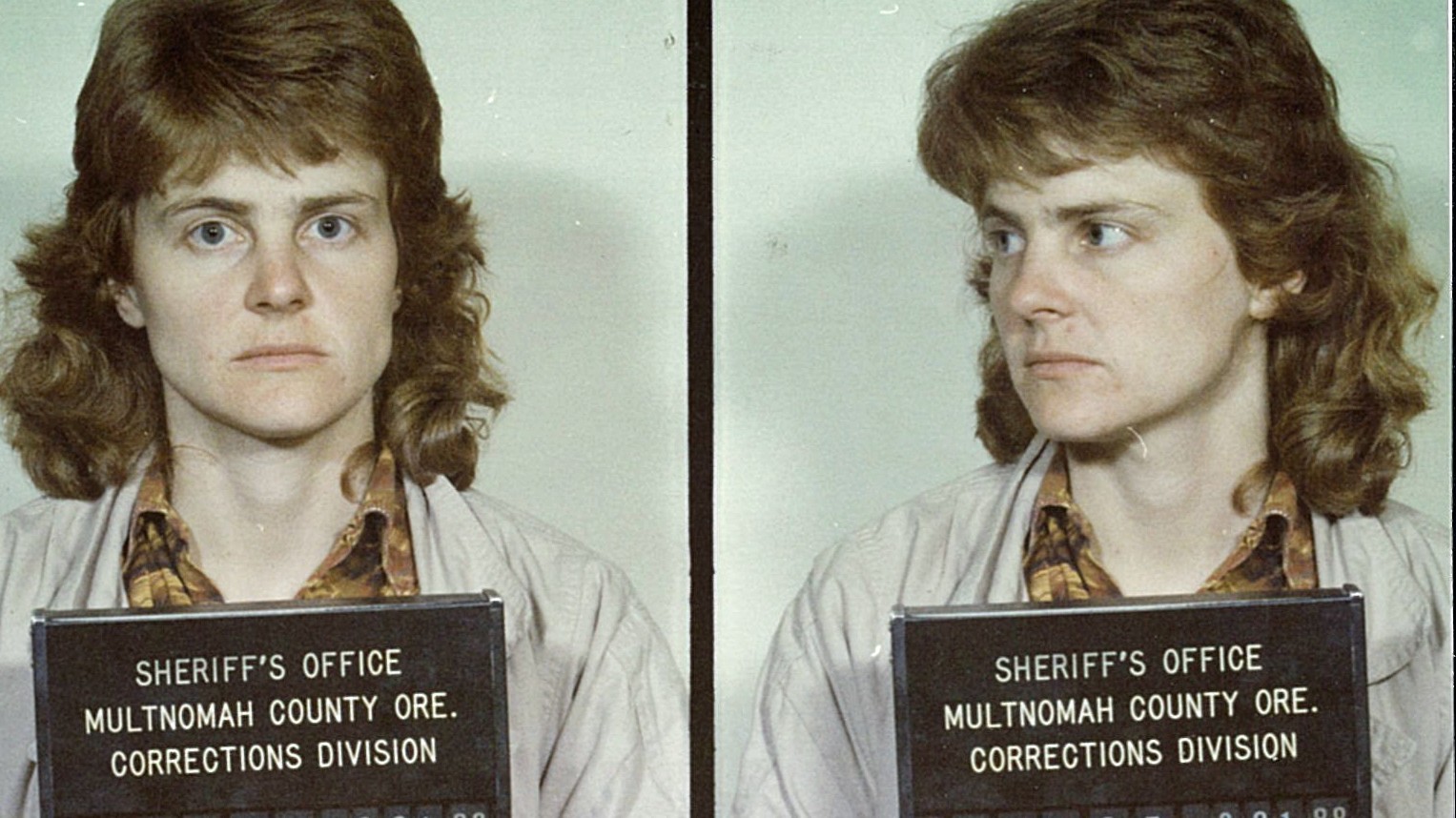After escaping religious cult the Moonies, Diane Bencoster committed herself to rescuing other recruits—even getting arrested in the process. Now in her sixties, she reflects on a life spent in the shadows of one of world’s most famous cults.

It took Diane Benscoter five years to figure out she’d been sucked into one of the world’s most notorious religious cults.
She’d joined Sun Myung Moon’s Unification Church—whose followers are more commonly known as the Moonies—in 1974, when she was just 17 years old. After being convinced that she’d been chosen as a disciple of Christ’s second coming, she immersed herself in the organization, travelling across the US to raise funds and spread its philosophy of pre-marital celibacy and anti-communist teachings.
It was only after a tightly planned intervention, staged by her mother and two cult deprogrammers, that Benscoter realized she’d been brainwashed.
“I began to hear the sound of glass breaking around me,” she wrote, recalling the moment in her 2013 memoir Shoes of a Servant. “I could hear it crashing down in a million pieces from every direction. Something was wrong inside my brain.”
Today, Benscoter’s life would be unrecognizable to her teenage self. In the decades that followed her deprogramming, the 60 year old has strived to stop others from succumbing to the lure of the cult mentality. She’s embarked on public speaking tours, extensively studied the cognitive neurology of brainwashing, and counseled numerous other former cult members (including ex-followers of Al-Qaeda and ISIS). She’s also worked briefly as a deprogrammer herself—a stint that was cut short after her dedication to the cause saw her get arrested for kidnapping.
Cult members tend be stereotyped as wide-eyed and naive, but the Benscoter of today is cool, calm, and articulate. Does she find it hard, given that over 40 years have passed, to recognize the girl she once was?
“I think that a lot of young people feel lost in their world for various reasons and are quite vulnerable to those who would manipulate them to take advantage of them,” she says. “I just felt like there had to something else, and I was off to find that.”
Brought up in York, a small town in rural Nebraska, Benscoter felt like an outsider while growing up. After becoming entranced by the music, drugs, and social politics of the 1970s, she dropped out of high school at 16 to try and become a writer for a local paper. The more she learnt about the world, she says, the more abhorrent the idea of settling down and “marrying the boy down the street” became.
Benscoter’s eagerness to leave her small town and desire to become part of something bigger made her a prime target for the Moonies. She met some representatives at an anti-Vietnam war march, and they offered her acceptance, abundant travel opportunities, and, most importantly, a higher sense of purpose.
“I honestly went from this lost soul to being a follower of the second coming of Christ, so that’s a pretty big promotion,” she laughs wryly. “We were all constantly told that we were very special. So our identity became part of this group.”
The Moonies are renowned for their highly effective exploitation tactics. New recruits were often sent to indoctrination seminars—lasting between two to 21 days—where they were encouraged to embrace ultra-conservative and frugal lifestyles. (Followers would often donate their bank account details to the church). Cult leader Moon, who died in 2012, was a self-proclaimed Messiah, who played on his followers’ vulnerabilities to get what he wanted.
For Benscoter, the work mainly involved travelling, missionary work and fundraising. She would sell candy, make arts and crafts, scope out potential members, and indulge in Big Mac picnics (Moon’s favourite food). Occasionally, she would take part in group prayer sessions, including one to prevent then-president Richard Nixon’s impeachment outside of the Capitol Building, and she was also encouraged to fast— at one point going for eight days without any food or water.
Benscoter’s dedication saw her completely ostracize herself from her family, even when she was told that her mother was suffering from breast cancer. In an effort to serve her higher purpose, she chose to be absent for her mom’s entire treatment. “Moon was the embodiment of God,” Benscoter recalls in Shoes Of A Servant. “If I did what he said, Satan would be defeated.”
After being locked into this mindset between the ages of 17 to 22, it took days of deprogramming for Benscoter to break the habit. The intervention was instigated by her now-healthy mother, who turned up at her door with two former Moonies in a desperate last-ditch attempt to bring her daughter back home. It proved effective, with the ex-members drawing from their own experiences to slowly talk Benscoter out of her beliefs.
Source: Broadly

